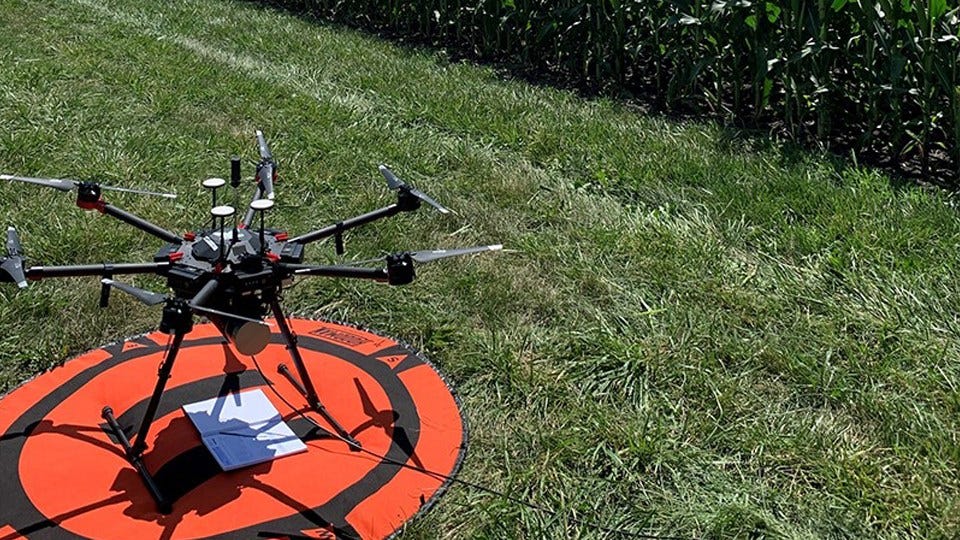Agbiosciences Startup Grows Staff, Prepping for Market
 GRYFN
GRYFN
Subscriber Benefit
As a subscriber you can listen to articles at work, in the car, or while you work out. Subscribe NowA Purdue University-affiliated startup, which has developed a multi-sensor technology platform to collect research data for plant breeders, is expanding and preparing for the marketplace.
GRYFN developers created software that enables seed companies to create precise, repeatable analytic solutions for plant research.
The company says it is using grant funding from a division of the U.S. Department of Energy to add staff and grow its space in West Lafayette.
In an interview with Inside INdiana Business, GRYFN Chief Executive Officer Matt Bechdol says the research results will eventually benefit farmers.
“If we can help the breeder, eliminate one year, we can eliminate the dogs in a breeding cycle faster, and we can get that product to market one year faster,” said Bechdol, who explained “dogs” are underperforming genetic lines.
He said the breeding cycle can take five-to-seven years to get a seed product to market.
“This enables breeders to focus their limited resources on the lines with the highest likelihood of creating a commercially viable product and getting to market quicker,” said Trenton Lindenman, the chief operating officer at GRYFN. “This translates into an increased rate of genetic gain, which offers value to both breeder and grower.”
GRYFN is using technology developed at Purdue and licensed through the Purdue Research Foundation Office of Technology Commercialization. The agbiosciences company received last year a $2.25 million grant from the DOE’s Advanced Research Projects Agency-Energy.
The company says the healthcare crisis forced it to make adjustments to its operations.
“The pandemic forced us to change the way we train and onboard new clients, and we moved to a larger, more traditional office space at the Purdue Research Park to accommodate growth and a safer workplace,” said Lindemann. “These past several months have provided numerous opportunities for us to expand, adding team members, and evaluating new technologies to empower researchers and breeders.”
GRYFN received a special waiver from the Federal Aviation Administration to conduct daytime and nighttime flights this summer to demonstrate the research capacity on how heat and drought can stress crops.
“How does that affect pollination? Could we then translate that into a unique sensor for growers that they could then plug that data into their irrigation pivots and do variable rate irrigation,” said Bechdol. “So that’s the other way that that trickle-down will happen for producers, the faster we do the R&D (research and development), the faster we find out what works, and then we can figure out how to make it economical and operationally efficient.”
Currently, the agbiosciences company is using sensors on unmanned aerial vehicles, but Bechdol says the technology could also be used at ground level.
While there could be other applications for the technology, Bechdol says for now the company is focused on growing its team, reaching out to potential markets and looking to empower the future of agricultural research.
“There are lots of areas but the challenge with any startup is staying focused. So right now, we have a grant that we need to execute, we need to make successful, we have collaborators that we need to make successful,” said Bechdol. “As we grow, that allows us that latitude to be able to explore those other adjacent markets.”
Bechdol said there will be applications for the technology outside of agricultural research.
